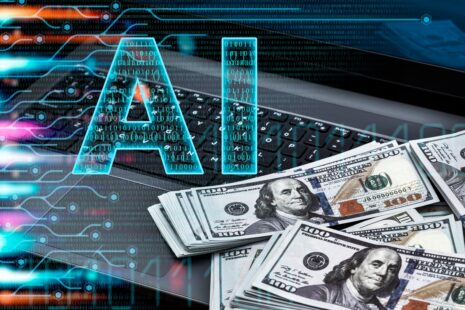Unethical use of AI refers to deploying artificial intelligence in ways that violate moral principles, laws, or societal norms, often leading to harm or exploitation.
Surveillance and Privacy Violations
Contents
hide
- Mass Surveillance – Governments or corporations use AI-powered tools to track individuals without consent, such as through facial recognition in public spaces.
- Data Exploitation – AI algorithms harvesting personal data without transparent consent, violating privacy rights.
Deepfakes and Misinformation
- Deepfake Videos – Creating false videos that impersonate individuals, often for political manipulation, harassment, or fraud.
- AI-Generated Propaganda – Automating the spread of fake news or divisive content to influence elections or public opinion.
Bias and Discrimination
- Racial or Gender Bias – AI systems reflect or amplify biases present in training data, leading to unfair treatment in hiring, lending, or law enforcement.
- Healthcare Inequality – AI algorithms that prioritize treatment for certain demographics due to biased datasets, marginalizing underrepresented groups.
Autonomous Weapons
- Lethal AI Systems – Developing autonomous military drones or robots capable of making life-and-death decisions without human oversight.
- Unregulated Use – Lack of accountability for AI-powered weapons used in conflict zones, potentially leading to war crimes.
Economic Exploitation
- Labor Exploitation – Using AI to monitor and control workers, such as through invasive productivity tracking tools.
- Monopolistic Practices – Companies leveraging AI to dominate markets, stifling competition, and exploiting consumers.
Manipulation and Exploitation
- Targeted Advertising – Using AI to manipulate consumer behavior through hyper-targeted ads that exploit vulnerabilities.
- Dark Patterns – Designing interfaces or AI-driven tools to mislead users into making decisions against their interests.
AI in Criminal Activities
- Cybercrime – Criminals using AI for sophisticated phishing attacks, identity theft, or hacking.
- Automated Scams – AI generating realistic fraudulent communications, deceiving individuals or organizations.
Neglecting Environmental Impact
- Energy-Intensive AI – Developing AI models without regard for their carbon footprint, contributing to environmental degradation.
- Unethical AI Supply Chains – Exploiting resources and labor in the production of hardware required for AI systems.
Lack of Transparency and Accountability
- Opaque Algorithms – Deploying AI systems whose decision-making processes are not explainable or auditable.
- Avoiding Responsibility – Using AI as a scapegoat to shift blame for unethical or harmful decisions.
Addressing Ethical Challenges
To ensure ethical use of AI…
- Enforce Regulations – Governments and organizations must establish and follow laws governing AI development and deployment.
- Ensure Transparency – AI models should be explainable, and their data sources should be disclosed.
- Promote Fairness – Algorithms should be rigorously tested for bias and designed to avoid discriminatory outcomes.
- Foster Accountability – Developers and users of AI must be held responsible for its impact.
Unethical uses of AI often stem from prioritizing profit, power, or efficiency over human welfare and moral principles. A proactive approach with clear ethical frameworks, transparency, and accountability is necessary to prevent harm and misuse.




